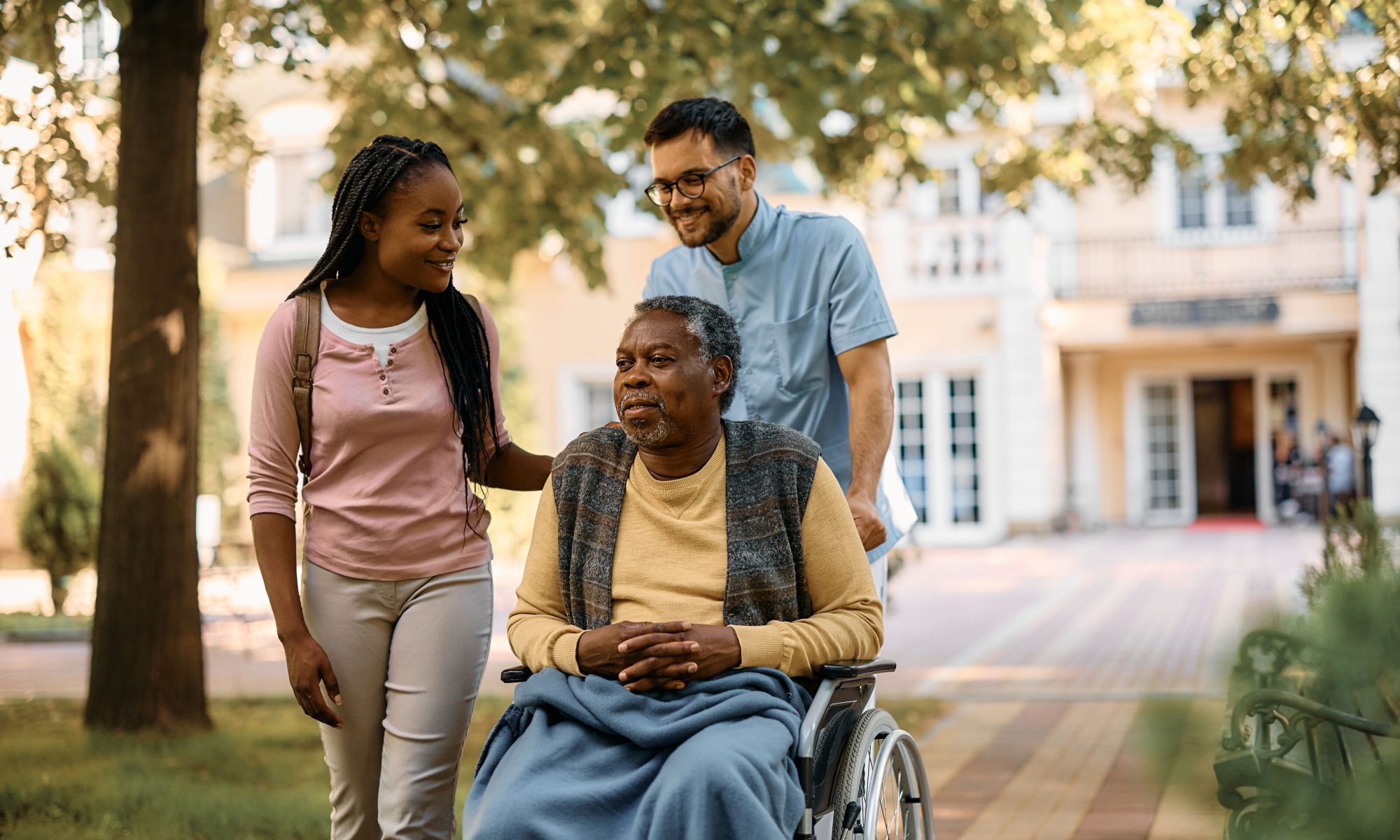
Table of Content
Bringing an in-home caregiver into your family’s daily routine represents a significant step in ensuring high-quality care for your senior loved one. The success of this arrangement depends largely on establishing trust, clear communication, and mutual respect from the very beginning.
Establish Clear Expectations from Day One
Setting boundaries and expectations early prevents misunderstandings and creates a professional foundation for your relationship. Start by creating a written care plan that outlines:
- Daily routines and preferred schedules
- Household rules and personal preferences
- Communication protocols and reporting requirements
- Professional boundaries regarding personal relationships and confidentiality
Review this plan together during the first week and encourage questions. Your caregiver should feel confident about his or her responsibilities while understanding your family’s specific needs and values.
Many seniors prefer aging in place over moving to assisted living facilities. If your senior loved one needs assistance to remain safe and comfortable while living at home, reach out to Assisting Hands Home Care, a leading Columbia home care agency. Our dedicated in-home caregivers can assist with meal prep, bathing and grooming, exercise, medication reminders, and many other important tasks.
Foster Open and Regular Communication
Strong relationships thrive on honest, consistent dialogue. Schedule regular check-ins—whether weekly or biweekly—to discuss how things are progressing and address any concerns before they become larger issues.
Create multiple communication channels:
- Daily log books for tracking activities, mood changes, and important observations
- Text messages or calls for immediate updates about changes in condition
- Face-to-face meetings for more complex discussions about care adjustments
Remember your caregiver spends significant time with your loved one and often notices subtle changes in behavior or health that you might miss. Value the caregiver’s professional insights and observations.
Show Appreciation and Recognition
Caregiving requires physical stamina, emotional resilience, and genuine compassion. Acknowledging your caregiver’s hard work strengthens your working relationship and demonstrates you value his or her contribution to your family’s wellbeing.
Simple gestures make a meaningful difference:
- Express gratitude regularly through verbal recognition.
- Provide occasional bonuses or small gifts during holidays.
- Offer flexible scheduling when possible to accommodate the caregiver’s personal needs.
- Write positive reviews or referrals when appropriate.
- Include the caregiver in family celebrations if he or she is comfortable participating.
Recognition doesn’t always require monetary investment. A heartfelt thank-you note or public acknowledgment of the caregiver’s dedication can be incredibly meaningful.
Caregivers often become so beloved that they’re considered members of their clients’ extended families. Some seniors only require help with a few daily tasks so they can maintain their independence. However, those living with serious illnesses may need more extensive assistance. Luckily, there is professional live-in care Columbia seniors can rely on. Home can be a safer and more comfortable place for your loved one to live with the help of an expertly trained and dedicated around-the-clock caregiver.
Respect Professional Boundaries
While warmth and friendliness create a positive working environment, maintaining professional boundaries protects both parties and ensures the focus remains on high-quality care. Avoid asking your caregiver to perform tasks outside his or her job description, such as:
- Personal errands unrelated to your loved one’s care
- Household cleaning beyond what’s necessary for your loved one
- Financial transactions or handling money
- Providing care for other family members not specified in the agreement
Respecting these boundaries shows professionalism and prevents uncomfortable situations that could strain your relationship.
Address Concerns Promptly and Respectfully
When issues arise—and they inevitably will—handle them with directness and respect. Avoid letting small frustrations build into larger problems by addressing concerns as they occur.
Use “I” statements to express concerns without sounding accusatory: “I noticed the medication schedule seems to be running late. Can we discuss ways to keep it on track?” rather than “You’re always providing medication reminders late.”
If serious issues persist despite open communication, don’t hesitate to work with your caregiving agency or consider finding a better match. Sometimes personality conflicts occur despite everyone’s best intentions, and recognizing this early benefits everyone involved.
Building a strong relationship with your in-home caregiver requires intentional effort, but the investment pays dividends in the quality of care your loved one receives. When caregivers feel valued, respected, and supported, they’re more likely to provide exceptional service and remain committed to your family’s long-term needs.
A professional caregiver can be a wonderful source of support for your whole family. Some seniors need occasional assistance at home, and oftentimes the family members who take care of them need time away to run errands, take a nap, go to work, or take a vacation. Columbia respite care experts from Assisting Hands Home Care are available on an as-needed basis, giving your family peace of mind that your loved one will remain safe and comfortable while you relax or focus on other important responsibilities. To create a comprehensive in-home care plan for your loved one, give us a call today.








